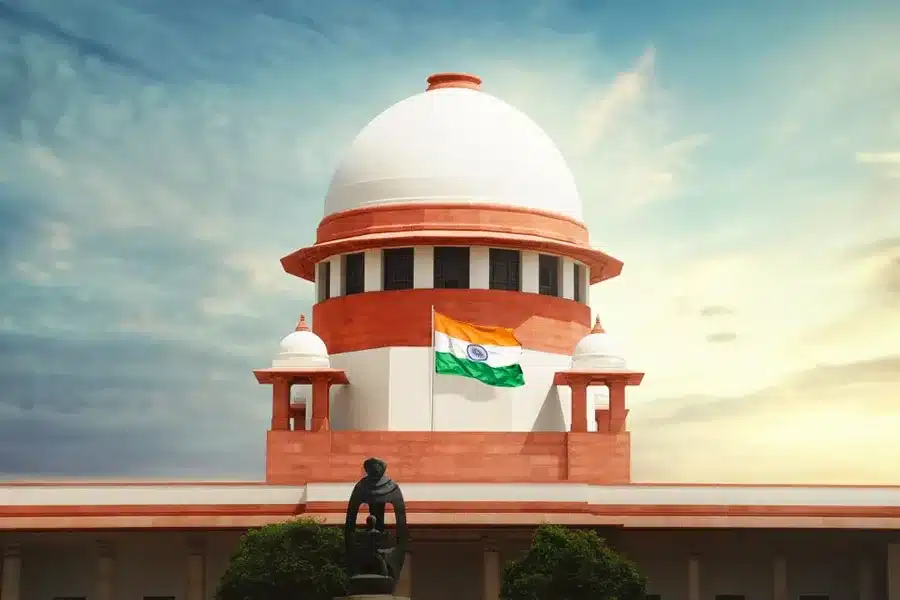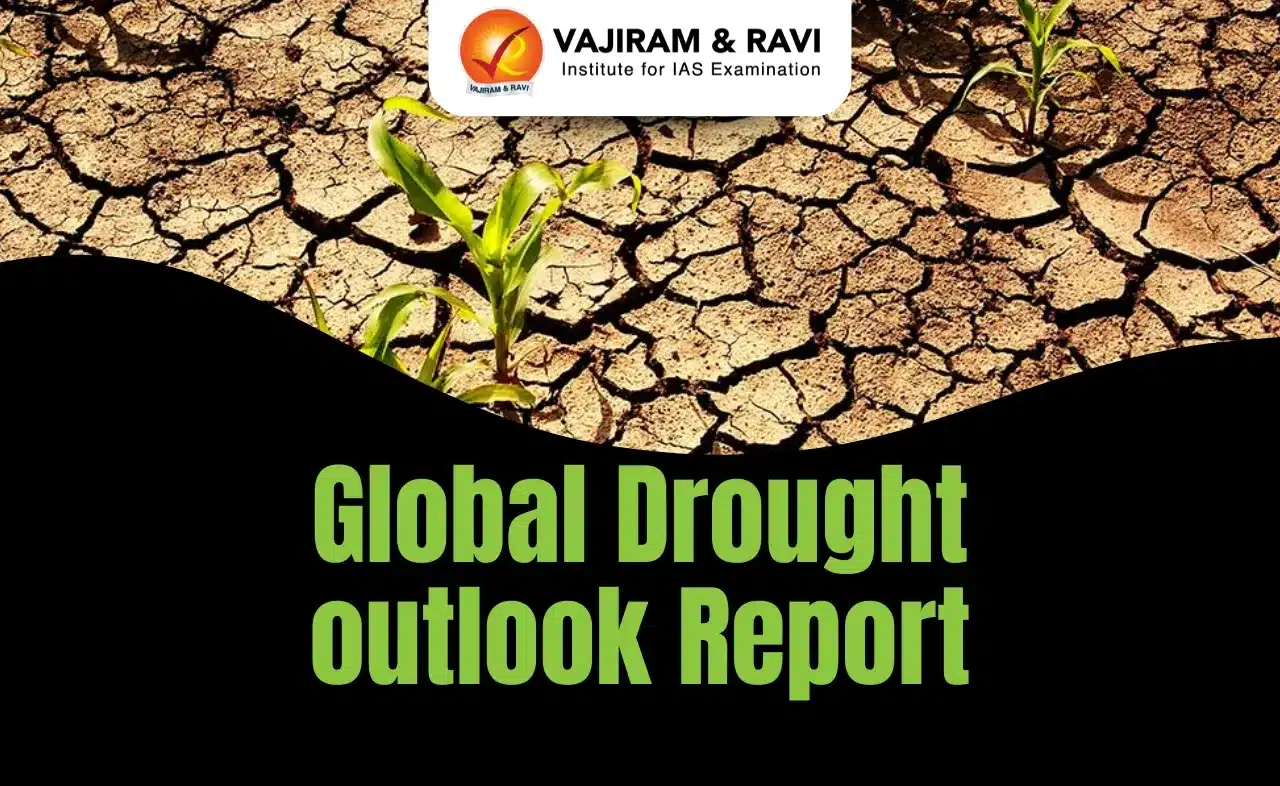About Article 131 of the Indian Constitution
- According to Article 131, the SC has exclusive and original jurisdiction over legal issues originating between states or between states and the union.
- Original jurisdiction is the power of the court to hear and determine a dispute in the first instance.
- The bare reading of Article 131 states that – Original jurisdiction of the SC:
- Subject to the provisions of this Constitution, the SC shall, to the exclusion of any other court, have original jurisdiction in any dispute:
- between the Government of India and one or more States; or
- between the Government of India and any State or States on one side and one or more other States on the other; or
- between two or more States, if and in so far as the dispute involves any question (whether of law or fact) on which the existence or extent of a legal right depends.
- Subject to the provisions of this Constitution, the SC shall, to the exclusion of any other court, have original jurisdiction in any dispute:
- The nature of Article 131 is subject to provisions of the Constitution and is limited to disputes involving legal rights, as mentioned in the Article itself.
- Thus, disputes of political nature are not covered under this, unless legal rights are at stake.
- The SC held that the meaning of the word ‘State’ under Article 131 does not include any private citizen, company, or a government department, even if it had filed a complaint along with any State Governments.
- Restrictions:
- The original jurisdiction of the SC does not extend to disputes arising out of any treaty, agreement, covenant, engagement, sanad, or any other similar instrument which came into being before the commencement of the Constitution.
- The parliament may exclude the jurisdiction of the SC in disputes relating to the use, distribution, or control of the water of any inter-state river;
- Suits brought by private individuals against the government of India.
Q1) What are Legal Rights?
Legal rights are the rights provided by the way of acts and legislation. It is recognized and protected by law. These rights affect every citizen. There is no remedy for the infringement of these except for the law itself. Legal rights can be differentiated from moral rights or natural rights or even fundamental rights. E.g. Right to vote, right to sue.
Last updated on June, 2025
→ UPSC Notification 2025 was released on 22nd January 2025.
→ UPSC Prelims Result 2025 is out now for the CSE held on 25 May 2025.
→ UPSC Prelims Question Paper 2025 and Unofficial Prelims Answer Key 2025 are available now.
→ UPSC Calendar 2026 is released on 15th May, 2025.
→ The UPSC Vacancy 2025 were released 1129, out of which 979 were for UPSC CSE and remaining 150 are for UPSC IFoS.
→ UPSC Mains 2025 will be conducted on 22nd August 2025.
→ UPSC Prelims 2026 will be conducted on 24th May, 2026 & UPSC Mains 2026 will be conducted on 21st August 2026.
→ The UPSC Selection Process is of 3 stages-Prelims, Mains and Interview.
→ UPSC Result 2024 is released with latest UPSC Marksheet 2024. Check Now!
→ UPSC Toppers List 2024 is released now. Shakti Dubey is UPSC AIR 1 2024 Topper.
→ Also check Best IAS Coaching in Delhi
























